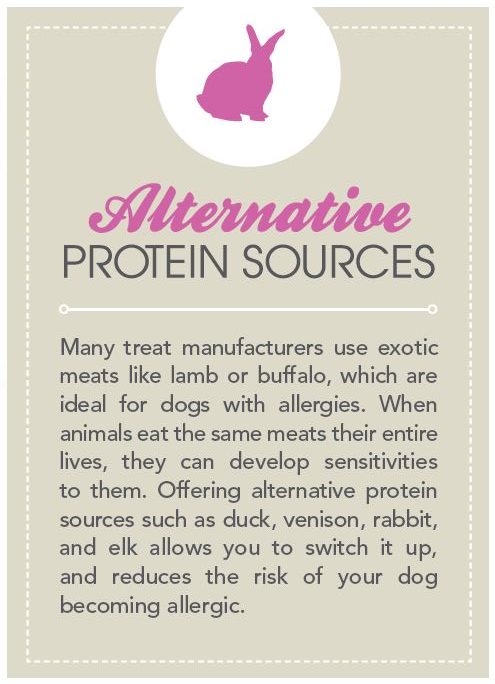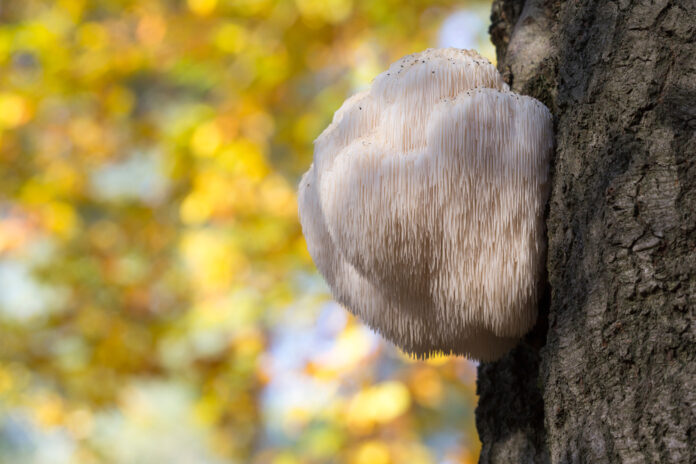Choosing the perfect dog treats

How to find the best brand of dog treats for your best friend!
Anyone buying dog treats at their neighborhood store or online could easily come away with five or ten completely different products. But which ones are best, and how do they differ from one another? Let’s take a closer look.
Baked treats
Baked treats encompass a wide category of goodies cooked by dry heat. Flour is typically a primary ingredient in baked treats, and while you’ve probably been told to avoid this ingredient, there are many alternative flours that are good for your pup in moderation. Quinoa, oat, buckwheat and chickpea flours, for instance, are healthier than the traditional white wheat variety.
Special occasion treats
These whimsical and creative treats come a wide array of colors, shapes and sizes, and often feature different decorations. Perfect for special occasions such as Christmas or birthdays, these baked treats are conventionally made from some combination of flour, eggs, salt, sugar and coloring, and often contain added flavors and preservatives. However, you can also find healthier varieties made from ingredients such as oats, coconut or peanut butter, and that feature natural coloring and sugar-free frosting.
Chew treats
A chew treat gives your dog something to chew instead of your expensive furniture, rugs, doors, walls and shoes! Common representatives of this group include bully sticks or raw marrow bones. This type of treat is designed for longer-lasting enjoyment, and is ideal for dogs who like to keep busy. Look for natural products that don’t undergo chemical processing, and be sure to consider your dog’s size and chew personality before buying.
Dehydrated and freeze-dried treats
Exceptionally clean and nutritious, dehydrated and freeze-dried treats have a variety of physical makeups depending on the drying method used. If freeze-dried, they are small, dry and crumbly. Dehydrating tends to produce treats that are crunchy or chewy. Both varieties are commonly made using whole meat and vegetables, and are often labeled as “single-ingredient” treats. They come in many sizes – strips, cubes, etc. – and are highly palatable. The most common meats used in this category include fish meat and skins, chicken, beef and occasionally pork. Commonly used fruits and vegetables are apples and sweet potatoes.
Medicinal treats

Treats that contain some sort of added medicinal ingredients have become increasingly popular in recent years. The most common medicinal treats are those with added glucosamine – a supplement that helps combat pain and swelling in joints. Similarly, treats infused with CBD are used to combat stress and anxiety in our canine companions. All medicinal treats should be used in conjunction with an overall treatment plan. Talk to your vet and follow package directions.
Training treats
Most dog treats can be used for training, but some are better than others. Treats sold for training purposes are usually small, low-cal options that are “pocket-safe”, but if your dog’s favorite snack happens to be bigger, try breaking it up into little pieces. Dehydrated, single-ingredient treats are a good go-to – just make sure your dog loves them. The more motivated he is, the faster he’ll learn!



